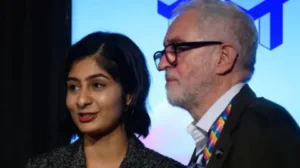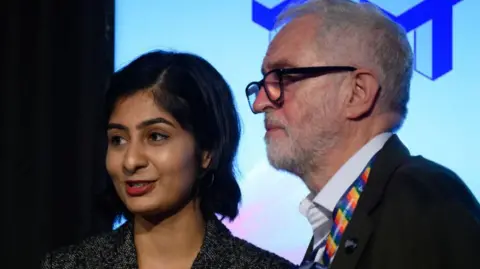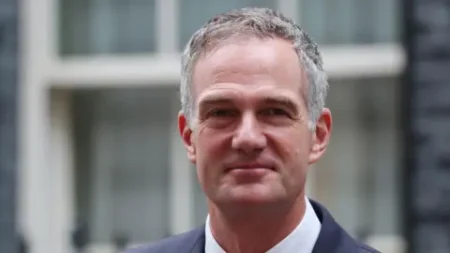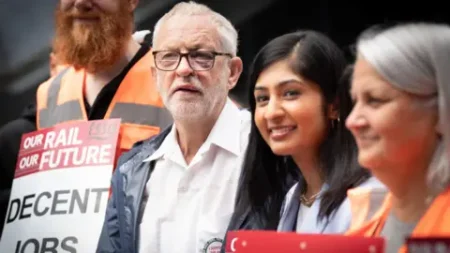In recent political developments, prominent left-wing figure Zarah Sultana has made headlines by announcing her departure from the Labour Party. She aims to collaborate with former party leader Jeremy Corbyn in establishing a new political party. However, the announcement has caught Corbyn himself somewhat off guard. While he acknowledged Sultana’s “principled decision” to leave Labour, he emphasized that discussions regarding the creation of this new political entity are still evolving. This has led to speculation about the actual status and direction of the proposed party.
Sultana’s sudden announcement has left fellow collaborators surprised, but it doesn’t negate the potential for a new political movement. Currently, the specific name for the party remains in flux, with titles like “Arise,” “The Collective,” and even “Real Change” being considered. Nevertheless, a clear timetable for launching this new party has yet to be established, although there is a possibility that candidates might be fielded in the upcoming local elections in May of the following year.
Proponents of the new party see a significant opportunity for capturing the votes of progressive constituents who feel alienated by the current Labour leadership under Sir Keir Starmer. They perceive a substantial voter base exists to the left of Labour that remains unaddressed. Still, it raises critical questions about the impact this new party could have on existing left-leaning voters, potentially affecting the Greens, who have garnered support from many disillusioned former Labour supporters.
The challenges of gauging support for a party that is yet to materialize, lacks a defined leader, and hasn’t set forth any policies add complexity to this situation. A recent poll by More In Common, involving projections for a party led by Corbyn specifically, suggested that it could harness about 10% of the national vote. This scenario indicated a potential decrease in Labour’s poll numbers while also showing considerable voter migration away from the Greens, reducing their support from 9% to 5% if such a leftist party emerged.
Former aides and political analysts, including Andrew Murray, remark that Starmer’s tactics—specifically the exclusion of left-wing members—have paved the way for a viable left-alternative party. He noted large discrepancies in voter support compared to previous Labour successes under Corbyn’s leadership, revealing a substantial opportunity for a new party to capitalize on disenchantment among progressive voters.
Despite the uncertainties, senior members of the Green Party express confidence that a new leftist party might not significantly threaten their base. Green leadership hopefuls, like Zack Polanski, have indicated that anyone opposing the current Labour Party’s direction could potentially be an ally. Furthermore, past experiences suggest that many leftist parties have struggled to maintain long-term viability; thus, they remain open to collaborative strategies, such as running joint candidates or adopting a non-aggression pact with the new entity.
As for Corbyn and a potential new political framework, discussions are reportedly ongoing within a coalition of independent MPs who previously aligned under his leadership. Corbyn’s collaboration with MPs who triumphed over Labour candidates due to their strong opposition to government policies, especially concerning the Gaza crisis, highlights the growth of grassroots political movements.
While the specifics of policy remain vague, the sentiment is strong among figures disenchanted with the current political landscape, indicating that a new left-wing party could reshape relationships and expectations in UK politics. However, the broader implications for Labour’s electoral strategy will depend on whether the new party can coalesce into a significant political movement capable of mobilizing enough support to influence traditional voting patterns.
With all these factors in play, observers of UK politics are left contemplating not just the viability of a new left-leaning party but also its potential effects on Labour, the Greens, and the existing political framework as a whole.










